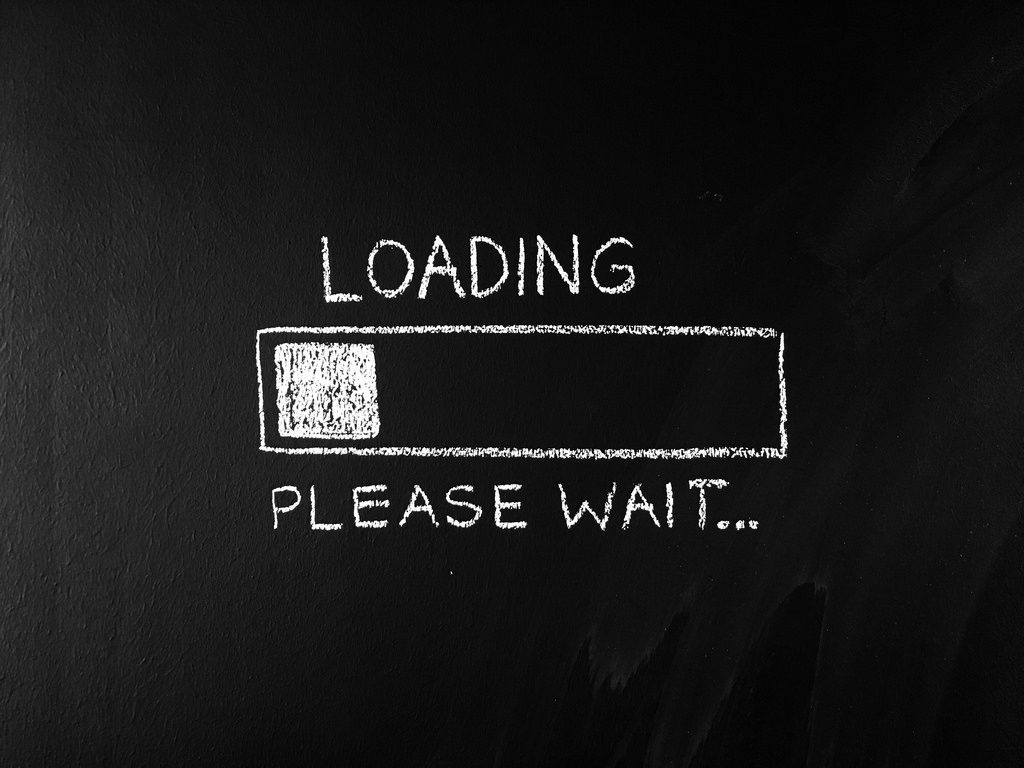Two weeks back one of my aunts asked me to pick up a book for her from a bookstore near my office. I had planned to pick up the book at lunchtime next day but by afternoon I was feeling too lazy to drive down. I told myself that I would pick it up at the end of the day because the shop was on my route home and I’d be driving past anyway. In the evening when I reached the store, I saw the long queue for the limited parking space in front of the store. I told myself that I would pick up the book the next day. My aunt had categorically said that it wasn’t urgent and I could pick it up when I had the time. Which would have been fine if the same sequence had not repeated itself for a complete week. A couple of times I even considered ordering the book online, but the delivery time was 3 weeks and it just seemed faster to pick it up from the store.
After about a week, I got a text from my aunt asking if I had picked up the book. In the next 5 seconds, as I navigated between my feelings of guilt and beating myself over my procrastination, she sent a follow-up text saying she was at the airport and had happened to see the book in the bookstore there. She wanted to pick it up so that she could read it on the flight; unless I had already bought it.
This is probably not the best example to show how procrastination is sometimes okay but the point is, not everything needs to be done right away.
While the associations with procrastination are generally negative there are often times when procrastination is beneficial. If understood and harnessed in the right way, procrastination can actually help you produce better results.
When you think of someone procrastinating the image is usually of someone who is slacking off at work. As discussed in my earlier article(Procrastination is NOT about laziness), procrastination is seldom about laziness. Laziness is a symptom and not the cause of procrastination.
When Procrastination helps:
To slow you down to a manageable pace: In today’s world, we are constantly bombarded with the lack of time and hundreds of things we could and/or should do. We are steadily filling our minds with an overload of information. While it may seem like procrastination slows down the speed at which we would like to get things done procrastination is often a subconscious strategy to move at the right pace for the mind and body to keep up.
Procrastination helps you process the idea before implementation: Sometimes when the task you are working on is complex, procrastination helps to let your mind work through and process things so that you feel prepared and confident when you do get down to doing them. Some of the readers of my earlier post called this percolating or strategic intelligence.
Reduces work that is a low priority: I read on a funny poster once, ” If you delay something till tomorrow you may not have to do it at all”. Looking at the example of me not having to buy the book for my aunt maybe there is some truth in that! Jokes apart, procrastination can be a way for the mind to prioritise the most important task at hand and work on that. And often you may find that if you don’t do something right away it may not be that important.
Procrastinated decisions help you be more objective: Often when there are emotions like fear, anger and hurt involved procrastination is a good way to help you process the emotions and feel more balanced about a situation. The saying “Sleep over it” can hold true for such situations. When your emotions are in control your response will always be more mature and restrained.
Procrastination can lead to creativity: For some people, the last-minute pressure is the trigger they need to get their creativity ticking. When the deadline is around the corner, the adrenaline kicks in and gets them into their performance mode. A lot of artists, writers and songwriters confess that when they are pressed for time they produce the best results.
Imagination only comes when you privilege the subconscious, when you make delay and procrastination work for you. Hilary Mantel

